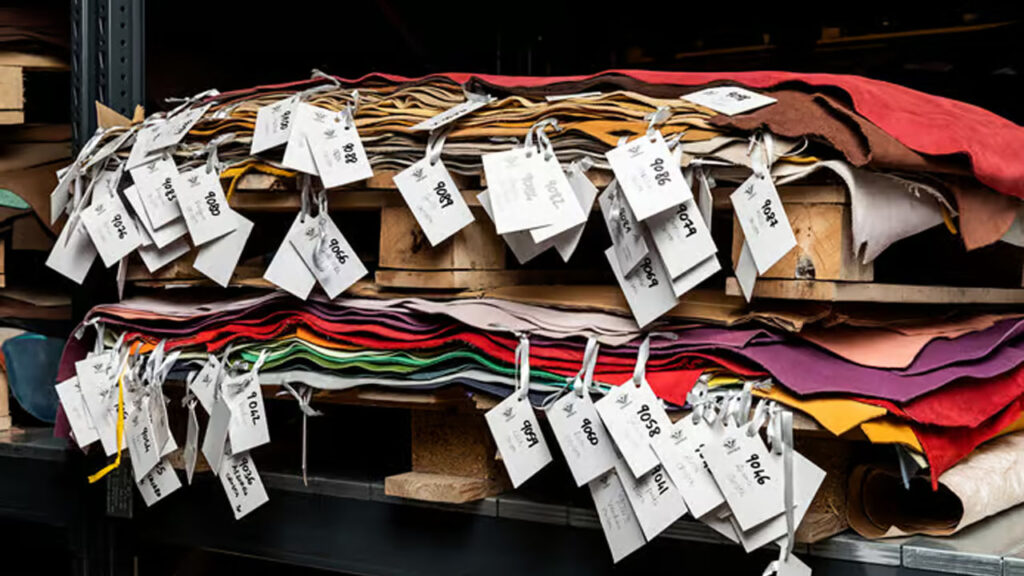
In the bustling landscape of fashion, where trends evolve at lightning speed, Vivolo emerges not just as a manufacturer of leather trims but as a beacon of sustainability and innovation. Founded in 1977 by Luciano Vivolo and his wife Marianna, Vivolo’s journey began with a vision to repurpose leather industry waste into exquisite elbow patches, carving a niche in the global fashion scene. Fast forward to today, the Bologna-based company stands as a leader, supplying the world’s top fashion houses with meticulously crafted leather trims for apparel, footwear, and leather goods.
At the heart of Vivolo lies a commitment to quality and responsibility. With a workforce comprising 85 per cent women, the company’s 100 employees ensure the production of 8 million items annually, each meeting stringent quality standards. The recently inaugurated ultra-modern headquarters in Bologna serves as a hub for fashion’s elite, offering bespoke solutions tailored to the industry’s ever-changing demands.
Yet, Vivolo’s impact transcends mere product excellence. Environmental ethics form the cornerstone of its operations, with initiatives like photovoltaic panels and rainwater harvesting showcasing a commitment to sustainability. The company’s vertically integrated supply chain not only ensures efficiency but also enables the adoption of circular economy solutions, further minimizing environmental footprint.
Moreover, Vivolo’s ongoing product evolution mirrors its innovative spirit. From pioneering capsule collections with minimal environmental impact to embracing cutting-edge techniques like 3D printing, the company continues to push boundaries, anticipating and shaping fashion trends.
In essence, Vivolo embodies a paradigm shift in the fashion industry, where sustainability and innovation converge to redefine the essence of luxury. As the world increasingly embraces conscious consumption, Vivolo stands poised at the forefront, setting new standards of excellence and responsibility in fashion manufacturing.
Per leggere l’articolo completo clicca qui.